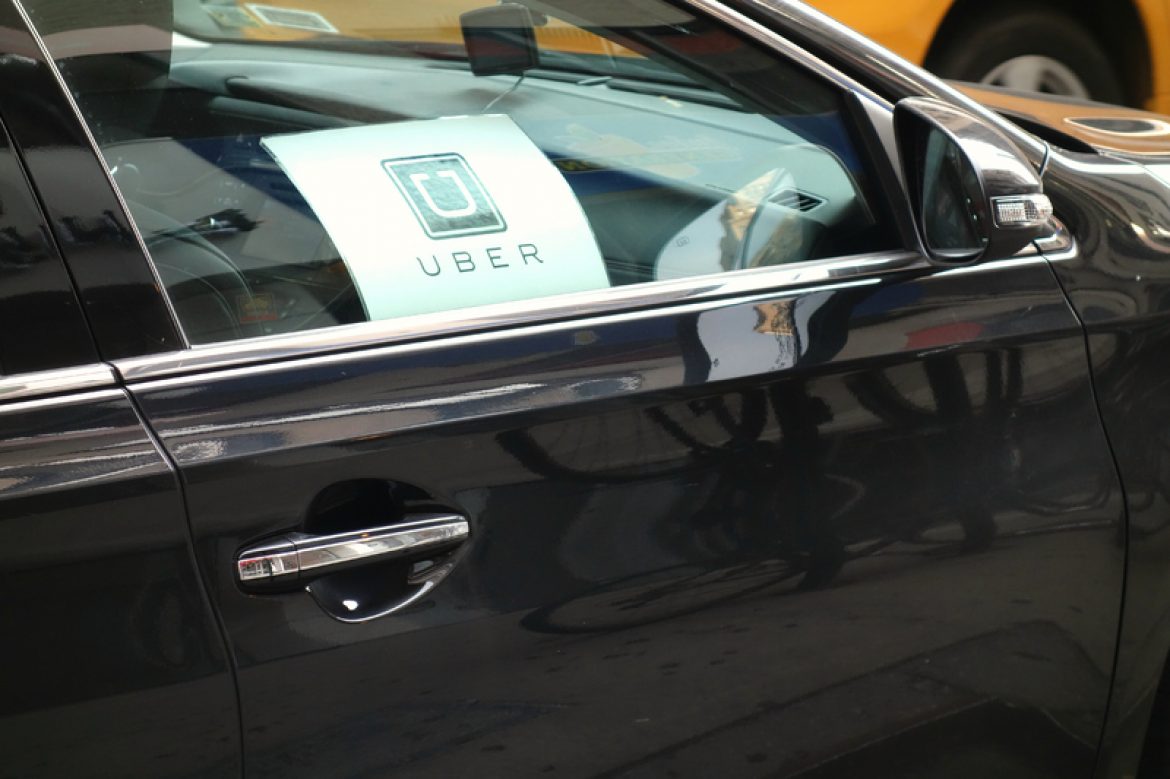Who Is Responsible in a Wreck With a Ride-Share Driver?

Over the past few years, ride-sharing has become the new norm for getting from one place to another. It’s now common for people to take a Lyft to the airport instead of paying for extended parking. Folks enjoying a night out will often call an Uber, rather than choose a designated driver. The cost is sometimes less than a cab or more convenient than city buses.
But what happens when your ride-share ends in an accident? Or how about when you’re involved in a crash and the other driver is working for hire? Do you have the same rights as you would in any other at-fault accident?
How Does Compensation Work in Ride-Share Accidents?
If you’re in a wreck with a ride-share driver and the driver is at fault, you can seek compensation for your injuries and car repairs. The same goes for accidents in which you’re a passenger and your driver is at fault. In fact, you would essentially treat a ride-share accident like any other car accident involving an insured driver, pursuing a claim with the driver’s insurance company.
But that’s where you’d hit a roadblock. Ride-share drivers aren’t the paid employees of Uber or Lyft. Instead, they are independent contractors. They own their cars and they carry personal insurance policies—the same type of policy you likely carry. Because personal insurance policies prohibit this type of driving for hire, the insurance company would deny the claim.
That’s why ride-share companies carry liability insurance for their drivers. After a claim is submitted to the driver’s insurance company and denied, Uber or Lyft’s own coverage kicks in. Ride-share companies maintain different levels of coverage for their drivers. Uber, for example, breaks it down into three levels:
- Offline: When the driver’s app is off, it’s assumed that he or she is not driving for hire and is solely covered by personal insurance.
- Available or waiting for a ride request: When the driver is signed into the app but doesn’t yet have a ride request, Uber’s third-party liability covers $50,000 in bodily injury per person, $100,000 in bodily injury per accident and $25,000 in property damage per accident.
- En route to pick up riders and during trips: At this point, the third-party liability bumps up to $1 million, uninsured/underinsured motorist bodily injury is added and collision insurance up to the value of the car.
It’s good to know that you’re protected if you’re in an accident with a ride-share driver. However, if you’re an independent contractor driver yourself, the numbers above should give you pause. If you’re involved in a crash before you’ve accepted a passenger, the ride-share company will not cover damages to your own vehicle.
Ride-sharing endorsements can help increase your insurance coverage, as well as put you on sound footing with your insurance company. They’re available in Georgia through multiple insurance companies.
Macon Car Crash Lawyer
If you’ve been injured in a car crash, you need a lawyer with experience handling complex cases. The Macon personal injury attorneys at Buzzell, Welsh & Hill will help ensure you get the compensation you deserve. Contact us for a free consultation today.
